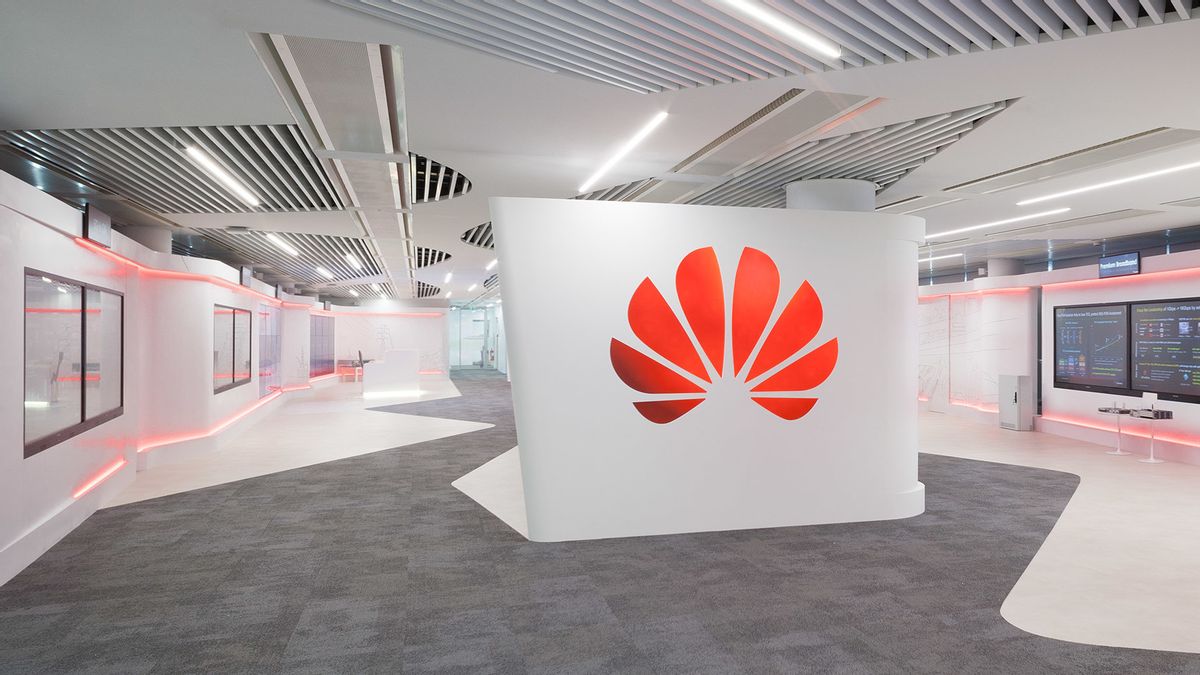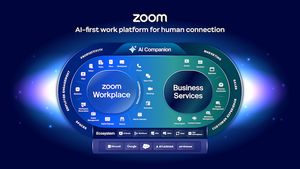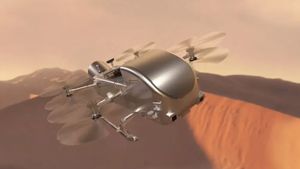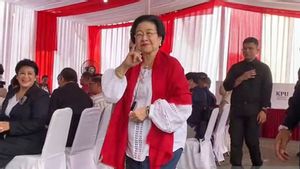JAKARTA - US officials have approved a licensing application worth hundreds of millions of dollars for blacklisted Chinese telecommunications company Huawei. This license is useful for buying chips for his growing auto components business.
Huawei, the world's largest maker of telecommunications equipment, has been hobbled by trade restrictions imposed by President Donald Trump's administration on sales of chips and other components used in its network equipment and mobile phone business. The Joe Biden government has strengthened its hard line on exports to Huawei, and remains denied a license to sell chips to Huawei for use in or with their 5G devices.
But in recent weeks and months, people familiar with the application process told Reuters the US had granted licenses authorizing suppliers to sell chips to Huawei. Especially for vehicle components such as video screens and sensors. The approval comes as Huawei is now directing its business towards goods that are less vulnerable to US trade bans.
Republican Senator Tom Cotton, a Trump supporter who has been highly critical of Huawei in the past, has nevertheless rejected the license. "It is unacceptable for the Biden administration to defuse its pressure campaign against a Chinese spy company like Huawei," Cotton said.
Responding to a Reuters report, Senator Marco Rubio called the move "another example of President Biden's failure to protect America's economic and national security." He said Huawei has a long history of exporting Beijing's "digital authoritarianism".
He also pressured the Biden administration to increase penalties and restrictions on Huawei and other Chinese tech companies "instead of providing waivers".
Asked about auto licensing, a U.S. Department of Commerce spokesman said the government continues to consistently implement a licensing policy "to restrict Huawei's access to commodities, software, or technology for activities that could jeopardize U.S. national security and foreign policy interests."
The Commerce Department is prohibited from disclosing license approvals or denials, the person added.
A Huawei spokesman declined to comment on the license. "We are positioning ourselves as a new component provider for intelligent connected vehicles, and our goal is to help car OEMs (manufacturers) build better vehicles," said a source at Huawei.
"If it's really a commodity product, I think we want western companies and allies to get that revenue," said Cordell Hull, the top Commerce Department official during the Trump administration who helped shape U.S. policy on exports to China. "Standing alone, I don't see a huge (national security) risk."
Citing threats to US national security and foreign policy interests, the US has gone to great lengths to slow the growth of its key Huawei communications-related business.
After placing Huawei on the US Commerce Department's trade blacklist in 2019, which banned the sale of US goods and technology to the company without a special license, the US last year stepped up restrictions to limit the sale of chips made overseas with US equipment. It is also campaigning to get allies to exclude Huawei from their 5G networks due to spying issues. Huawei has denied the allegations.
Huawei reported its biggest revenue drop in the first half of 2021, after US restrictions prompted it to sell off part of its once-dominant handset business and before new growth areas fully matured.
Underlining the shift to smart cars, company chairman Eric Xu announced agreements with three Chinese state-owned automakers, including BAIC Group, to supply "Huawei Inside", a smart vehicle operating system, at the Shanghai Auto Show earlier this year.
In another sign of Huawei's ambitions in the space, after the supplier received a license allowing tens of millions of dollars' worth of chip sales to Huawei, the company has asked them to apply again and ask for a higher value like one or two billion, one source said. . Licenses are generally good for four years.
Richard Barnett, chief marketing officer at global electronics consultancy Supply Frame, said Huawei was in the "early stages" of trying to invest in the $5 trillion auto market that has huge growth potential both inside and outside China.
"Cars and trucks are now computers on wheels," said Barnett, "It's this convergence that drives Huawei's strategic focus on becoming a bigger player in that field."
The English, Chinese, Japanese, Arabic, and French versions are automatically generated by the AI. So there may still be inaccuracies in translating, please always see Indonesian as our main language. (system supported by DigitalSiber.id)













